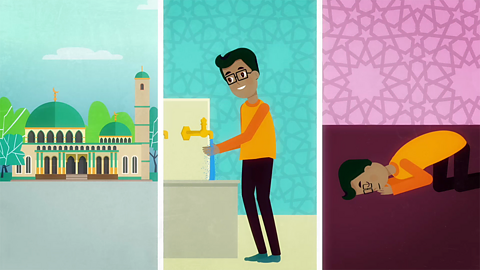What is Ramadan?
During the month of Ramadan, Muslims won't eat or drink during the hours of daylight. This is called fasting. Children are not expected to fast until they reach puberty, usually around the age of 14.
Ramadan remembers the month the Qur'an (the Muslim holy book) was first revealed to the Prophet Muhammad. The actual night that the Qur'an was revealed is a night known as Lailut ul-Qadr ('The Night of Power').
When is Ramadan?
Ramadan is the ninth month of the Islamic calendar. The exact dates of Ramadan change every year. This is because Islam uses a calendar based on the cycles of the Moon.
In 2025 in the UK, Ramadan is expected to begin on Friday 28 February and will end on Sunday 30 March.

How is Ramadan celebrated?
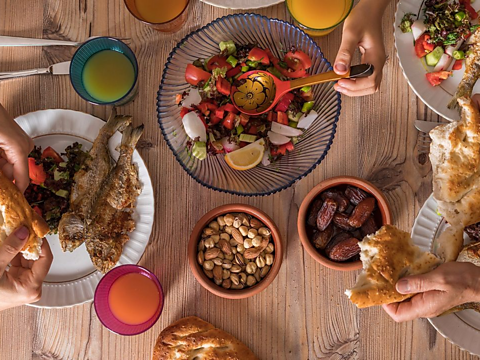
Most Muslims fast between dawn and sunset.
Fasting allows Muslims to devote themselves to their faith.
It is thought to teach self-discipline and reminds them of the suffering of the poor.
However, children, pregnant women, elderly people and those who are ill or travelling don't have to fast.
During Ramadan, it is common to have one meal (known as the suhoor), just before dawn and another (known as the iftar), directly after sunset.

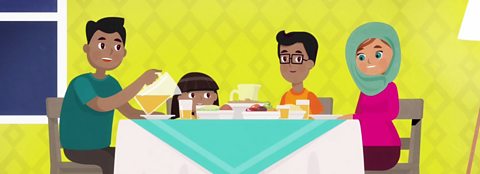
Almost all Muslims try to give up bad habits during Ramadan. It is a time for prayer and good deeds. They will try to spend time with family and friends and help people in need.
Many Muslims will attempt to read the whole of the Qur'an at least once during Ramadan. They will also attend special services in Mosques during which the Qur'an is read.
Eid ul-Fitr
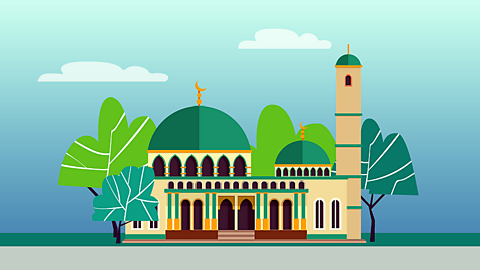
The end of Ramadan is marked by a big celebration called 'Eid ul-Fitr' (the Festival of the Breaking of the Fast).
Muslims are not only celebrating the end of fasting, but thanking Allah for the strength he gave them throughout the previous month.
Mosques hold special services and a special meal is eaten during daytime (the first daytime meal for a month).
During Eid ul-Fitr Muslims dress in their finest clothes, give gifts to children and spend time with their friends and family. Muslims will also give money to charity at Eid.

Activity: Gratitude challenge
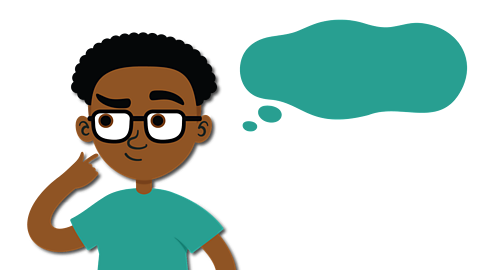
Practising being grateful is a core focus during Ramadan. However, you do not need to be a Muslim to practise being grateful.
Try the 30 day gratitude challenge. Can you think of a different think you are grateful for each day of Ramadan? Here are some questions to help get you started.
- Which foods are you grateful for?
- Which friends are you grateful for?
- What items in your home are you grateful for?
- What memories are you grateful for?

Activity: Thinking points
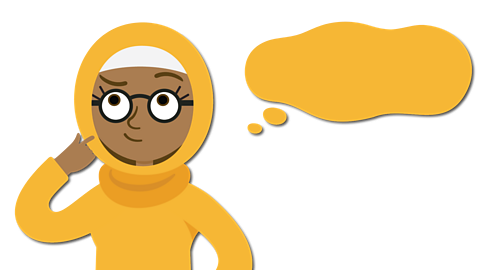
Have a look at the thinking points below. You can discuss them with somebody else if you want to. There are no right or wrong answers so remember to be respectful if somebody else has a different thought or opinion.
- Giving to charity during Ramadan helps Muslims show compassion and generosity. It reminds them to be thankful for what they have. What are some ways you could give to others or help someone in need?
- Shared meals bring people close together – why do you think this is?
- Muslims are thankful to Allah for life, the universe and everything. What are some things you’re grateful for right now?

Activity: Ramadan quiz
Find out more
Discover more about what it is like to fast during Ramadan and the lives of practising Muslims.
Ramadan and Eid ul Fitr
Find out more about what it is like to fast during Ramadan in this guide from BBC Teach.
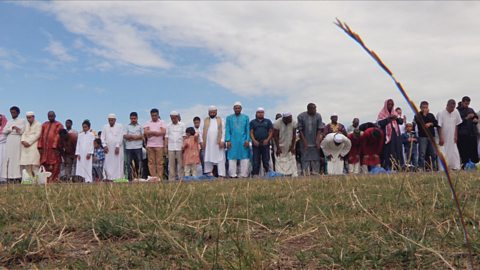
My Life My Religion: Islam
Discover more about some of the traditions and beliefs of the Muslim faith.
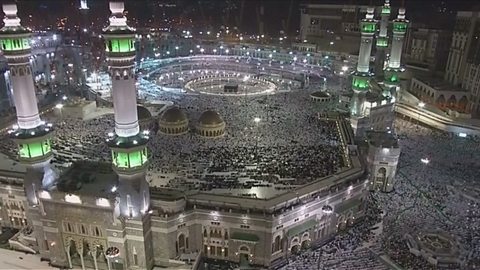
Where next?
SATs preparation resources. activitySATs preparation resources
Get ready for the SATs papers with videos, activities, quizzes and games to refresh your knowledge and practise your skills.

More on Islam
Find out more by working through a topic
- count3 of 3
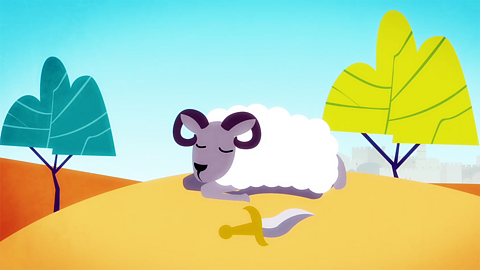
- count1 of 3
